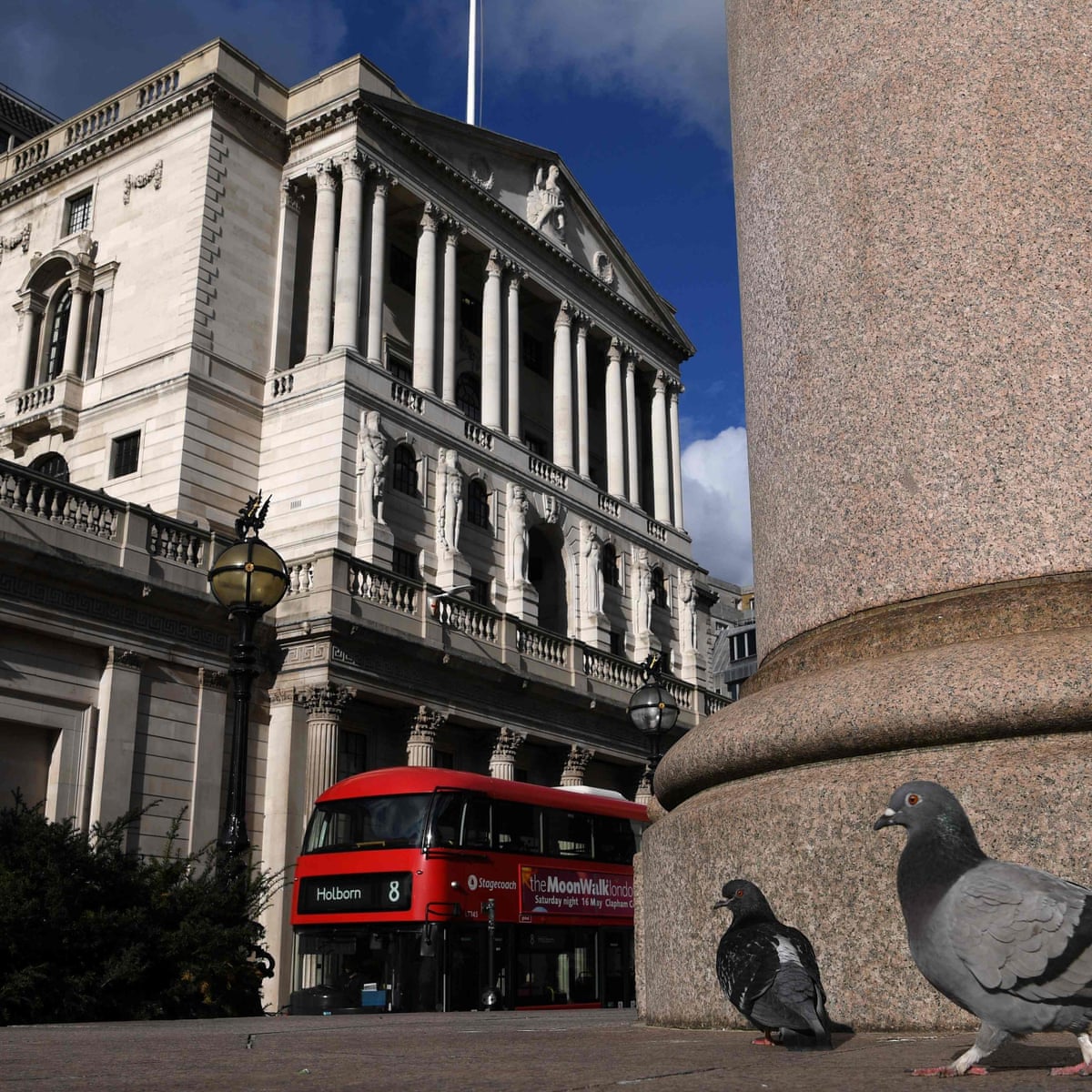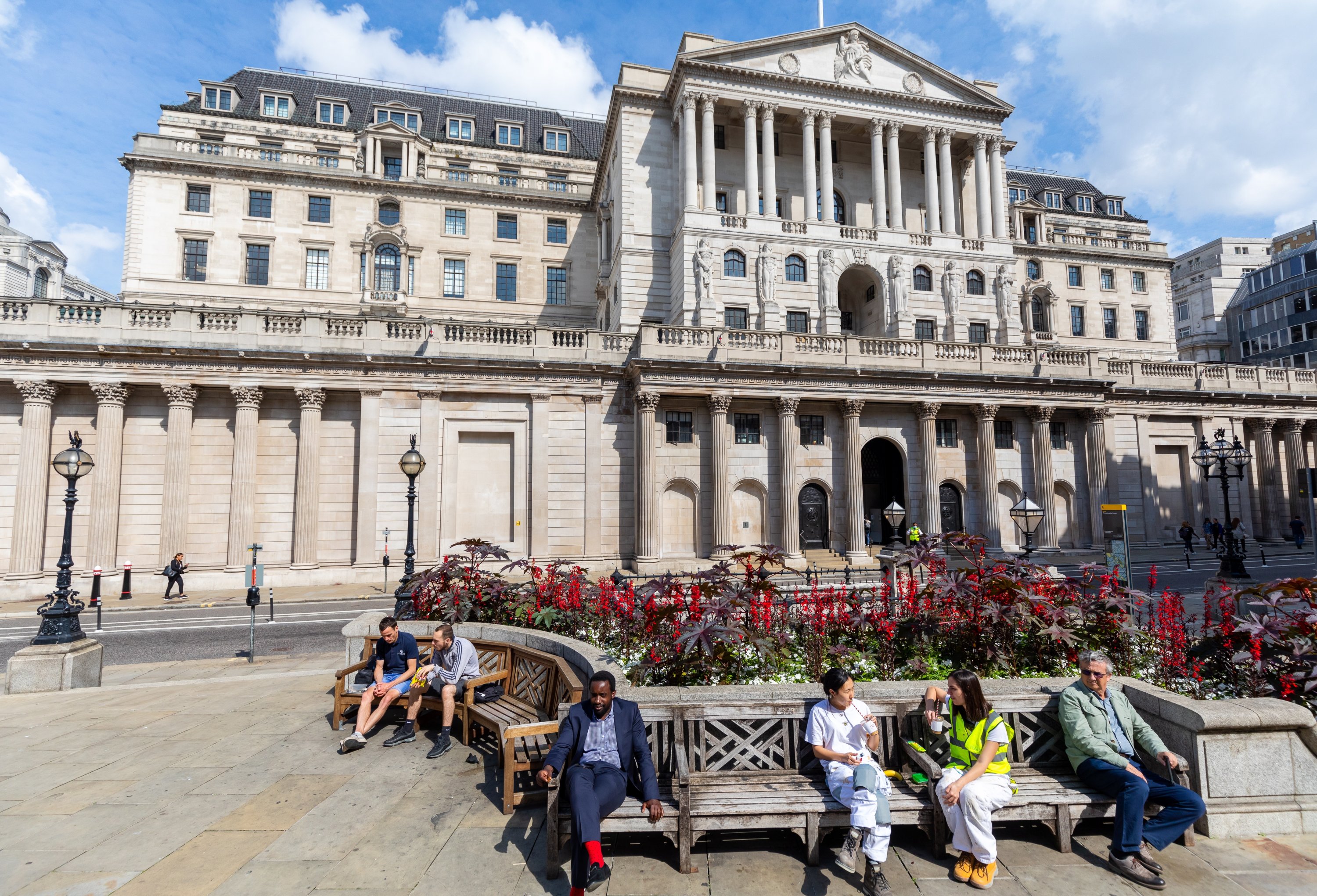The banking system may collapse in the UK, and people’s monthly installments will increase four times.

The monthly installment for people with variable-rate mortgages has doubled recently. They could be required to pay four times their monthly installment amount by Christmas. One may argue that there will soon be a financial earthquake in the UK that will have an impact on the entire planet.
Britain, which once ruled almost the whole world, is today in bad shape. The British banking system is in peril of collapsing. The inflation rate in Britain is now 10%, but it will soon rise to 12%. Inflation in the UK might hit 15% or 20% in a few days.
The Bank of England claims that things are out of its control as a result of the strain that British inflation has put on the country. It’s fascinating to see that the UK government does not comprehend how to control inflation. How regular people may make a living is now being discussed in Britain. There is a serious problem with how quickly people’s everyday expenses are rising. A financial catastrophe in Britain might result from rising inflation.
Significant effects on small businesses.
The British banking system began to suffer as consumer prices began to rise. Numerous small firms are closing, and the bank is experiencing loan defaults. A pile of debt has devastated the private equity sector, and one in five mortgages is on the verge of default.
The balance sheets of the banks declined.
The balance sheets of the banks are getting worse, and they did not foresee that the rate of inflation in Britain would increase this much. Since the 1970s, Britain has been suffering from the worst inflationary pressures. As a result, the banks may experience a bizarre situation. The British banking system failed during a similar crisis in the early 1990s. The UK appears to be returning to that course. This week, Britain’s inflation data was released, and the 10.1 percent inflation rate has already begun to weigh heavily on the country’s citizens.
Inflation in the double digits
Double-digit inflation is a very serious warning sign for the UK economy. Inflation is expected to continue to rise over the next few months, according to experts. Although the price of wheat and oil are both falling, the drop in Britain’s inflation rate won’t happen until next year.
Britain’s crisis will deepen.
According to experts, the UK economy may face another catastrophe in the coming days. Interest rates in the United Kingdom are now low; however, they may rise owing to inflation. Low-income households in the United Kingdom have been struggling for some time. When we talk about typical earners, they must likewise reduce their spending.
Crisis of financial stability
The most serious issue in the United Kingdom is financial stability. This winter, many small companies may be shuttered. At this time, everyone is talking about taking measures to aid ordinary people, but no one is thinking about supporting small merchants and eateries. They must pay exorbitant power and gas bills.
Significant Influence
The CoronaCrisis: The Crisis: The earnings of small merchants and eateries in the United Kingdom have ceased since the Corona crisis. They will stop their firm in a few days, causing the banks to confront a dilemma because they will not be able to repay the loan. In the United Kingdom, 80% of people who have purchased a home have a fixed-rate mortgage, whereas only 20% of borrowers have the choice of a variable rate.
Mortgage payments have increased.
Those with variable-rate mortgages have seen their monthly payments more than quadruple in recent months. They may have to pay four times their monthly installment amount before Christmas. According to The Economist, people who have not taken out a fixed-rate loan do not know how to manage their money effectively, putting the UK’s main banks in jeopardy.
At year’s end, the Bank of England expects a long recession.
The Bank of England raised interest rates by the most in 27 years after predicting that the conflict in Ukraine would boost inflation and send the British economy into a protracted downturn. According to the bank, rising natural gas prices would likely increase consumer price inflation from 9.4% in June to 13.3% in October. According to bank predictions, this will cause Britain to enter a recession later this year, with quarterly economic production declines starting in the fourth quarters of 2022 and 2023.
The Monetary Policy Committee of the bank was convinced by these forces to lift its main interest rate by 0.5 percentage points, the largest rise in six straight increases since December. The rate is at 1.75 percent, the highest level since late 2008 when the global financial crisis was at its worse.
Globally, central banks are attempting to strike a balance between attempts to curb inflation and limiting the negative effects on economies that were just starting to recover from the coronavirus outbreak. Higher interest rates make borrowing more expensive for individuals and companies, which tends to curb expenditure and slow the rise in prices. But these actions also impede economic expansion.
According to the Bank of England, household spending on gas and electricity will increase by 3.5% between 2021 and 2023. That is a five-fold increase above what British consumers paid during the 1970s energy crisis.
In each of the previous two months, the U.S. Federal Reserve raised its benchmark interest rate by three-quarters of a point, bringing it to a range of 2.25% to 2.5%. The U.S. economy contracted for the second consecutive quarter, igniting concerns that a recession may be on the horizon.
To combat persistently rising inflation, the European Central Bank approved a larger-than-expected half-point increase last month. In Europe, where declining gas supplies might compel manufacturers to scale back operations this winter, fear about the recession is also mounting.
As the coronavirus epidemic started to subside last year, worldwide supply constraints and rising energy demand led to the first wave of inflation. The invasion of Ukraine by Russia soon after that led to a rapid rise in the cost of food and energy.
According to the Bank of England, there are signs that prices for some products are beginning to drop, and these pressures are expected to eventually abate. But when business owners raise prices and workers ask for pay raises to protect their living standards, inflation is already taking hold in the British economy. With the rate increase, the central bank is aiming for that. According to the central bank’s prediction, inflation would peak at 10% in the third quarter of 2023 before falling to the desired 2% level a year later.
Edited by Prakriti Arora




